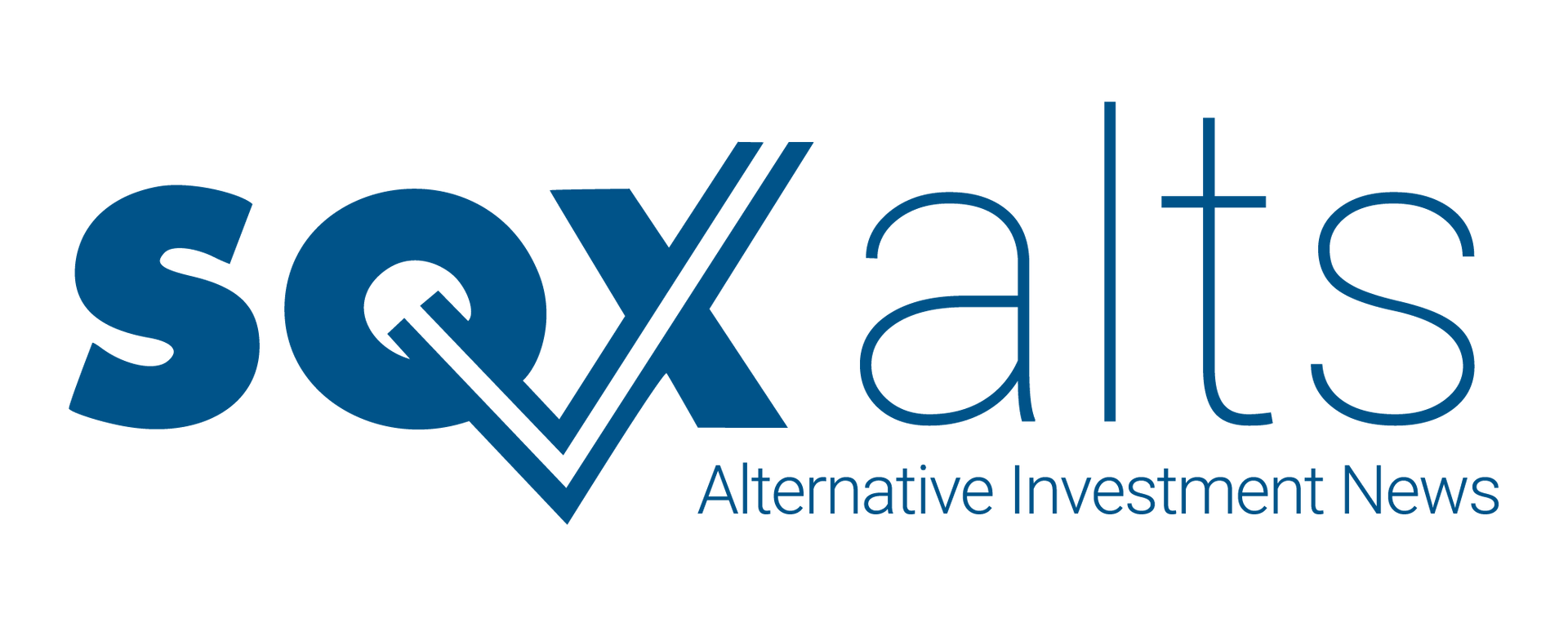DSS Seeks Stability Amid Deep Losses
Despite sales growth in core segments, DSS faces significant operational headwinds and questions around going concern.
November 17, 2025

Revenue Is Up, but So Are the Headwinds
DSS, Inc. is trying to steady the ship. The company posted a net loss of $10.1 million for the first nine months of 2025, down from $15.8 million last year. That’s a smaller loss on paper—but it’s not the full story. Revenue is climbing in a few key areas, but challenges across other segments, paired with rising debt and loan defaults, continue to weigh heavily.
Total revenue came in at $16.6 million for the period, an increase from $13.7 million in 2024. Most of that came from two areas: printed products and securities. Packaging pulled in $13.2 million, while securities brought in another $3.3 million. Together, they make up more than 98% of total revenue.
But the gains haven’t carried through to the bottom line. Operating costs, impairments, and losses from defaulted loans pushed the company to a gross loss. Expenses stayed high—$27 million for the nine-month stretch—resulting in continued negative cash flow and a widening gap between revenue growth and overall performance.
Loan Defaults and Real Estate Adjustments
The commercial lending business is facing real issues. DSS fully reserved several promissory notes that went into default, including loans to Puradigm Inc., Asili LLC, WUURII Commerce, and VEII Inc. These are now considered uncollectible. Other loans tied to related entities—such as BMI Capital and BMIC—remain outstanding, but also carry full reserves. Combined, the company has recorded $7.5 million in loan loss provisions.
On the real estate side, DSS sold its Plano, Texas facility at a loss of $727,000. It had originally planned to sell additional properties, but those were moved back to long-term assets and depreciation resumed.
Debt Picture: More Complex, More Concerning
As of September 30, DSS reported $54.2 million in current liabilities. That includes a $39.1 million defaulted loan tied to LifeCare properties, along with a $500,000 convertible note issued to Alset, Inc.—its largest shareholder.
Across the board, total debt and lease obligations now exceed $60 million. That’s up against a cash balance of $7 million and marketable securities totaling $1.6 million. The imbalance triggered a statement of going concern in the filing—an acknowledgment from management that, without material changes, the company may not be able to meet its financial obligations over the next 12 months.
Equity Moves and Dilution Trends
DSS issued 1 million shares to Heng Fai Holdings Limited in early 2025 as a bonus tied to strategic support. That firm is controlled by DSS’s chairman. Additional equity transactions followed—some to raise capital, others to settle obligations—adding to the overall share count and creating dilution for existing shareholders.
Meanwhile, DSS began selling down its stake in Impact BioMedical after its September 2024 IPO. The company sold more than 1.5 million shares in the open market in 2025, generating $2.4 million in proceeds. This sale reduced DSS’s ownership stake and added liquidity to its balance sheet.
Related Parties and Cross-Holdings
The filing details a web of related entities with crossover leadership roles, including Alset International, VEII, and BMI Capital. DSS’s chairman holds board seats or executive roles in many of them. Some of these entities are both customers and creditors of DSS, and several are also active in its securities portfolio.
The firm recorded an unrealized gain of $1.1 million on investment holdings for the period. That includes public equities and warrants in companies like True Partners Capital, which had moved up in value, along with changes in affiliated investment vehicles.
Business Line Review
Two segments—packaging and securities—continue to deliver. Packaging is the revenue driver, responsible for the bulk of sales. Securities adds meaningful rental and commission income. The rest—biotech, lending, direct marketing—have yet to gain traction.
Key segment breakdown:
- Packaging:$13.2 million in revenue, the company’s largest contributor.
- Securities:$3.3 million in revenue from rentals and commissions.
- Biotech: Minimal revenue, still in early stages.
- Commercial Lending: Under $40,000 in revenue with substantial loan defaults.
- Direct Marketing: Essentially inactive during the period.
Strategy Moving Forward
DSS is moving to reduce costs and shore up liquidity. The company is selling marketable securities, seeking new capital, and continuing to restructure. Asset sales may continue into Q4, and management is evaluating operational spending across all business units.
A potential merger is also in play. Impact BioMedical has signed a deal to merge with Dr Ashleys Limited, pending regulatory approval. If approved, the transaction could reshape the biotech portfolio and streamline DSS’s equity holdings.
Final Thoughts
DSS is under pressure. Revenue is improving in some places, but the gains haven’t outweighed the drag from losses, defaults, and debt. The next few quarters will test the company’s ability to execute its restructuring plan, preserve liquidity, and bring performance across more segments in line with expectations. For now, DSS is holding its position—but the path forward depends on how well it can manage costs, stabilize debt, and adapt to fast-moving market conditions.
Share
Read More Articles


